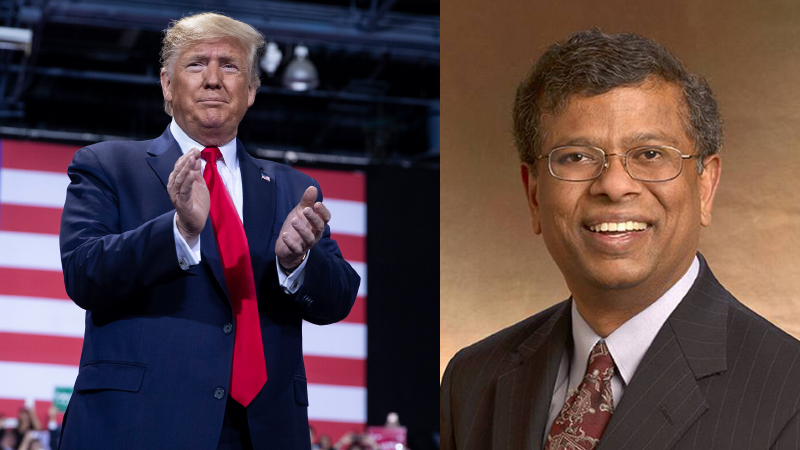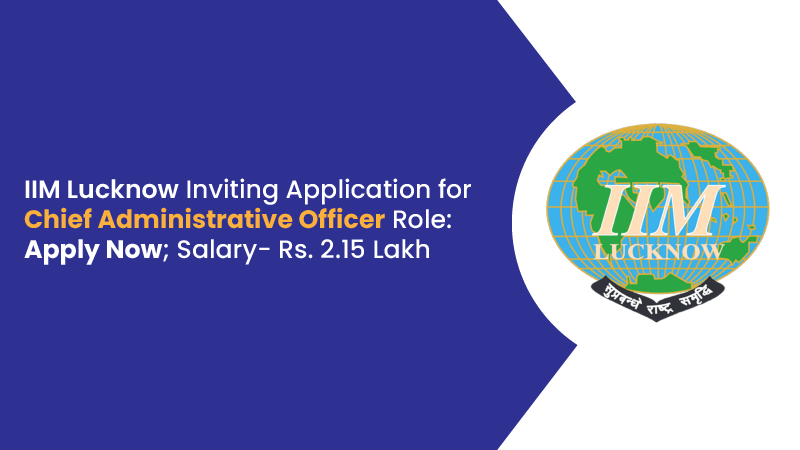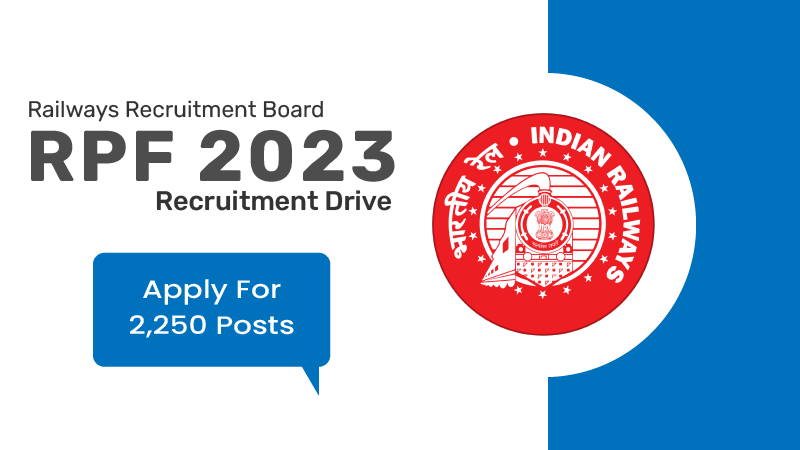Trending Now
Sunday, Nov, 2024
Home / Amid layoffs, 87% of Employers Presently Hiring Foreign National Talents in the US, a survey shows
Amid layoffs, 87% of Employers Presently Hiring Foreign National Talents in the US, a survey shows
A survey report published by Envoy Global stated that 89% of US companies employed one or more international employees previously laid off by another company in the previous six months. The report titled 2023 Immigration Trends has also revealed.......
 by Pragti Sharma /
by Pragti Sharma /  13 Mar 2023 10:45 AM IST /
13 Mar 2023 10:45 AM IST /  0 Comment(s) / 171
0 Comment(s) / 171

With thousands of employees laid off across tech giants, including Microsoft, Twitter, Meta, Google, and Amazon, the past months have troubled many employees about their job security. The layoffs have negatively impacted the future of H1B visa holders as in 60 days, they either need to find another company to sponsor their visas or depart the country.
The H-1B is a non-immigrant visa that allows United States companies to hire foreign workers in specialty disciplines that need theoretical or technical expertise.
A survey report published by Envoy Global stated that 89% of US companies employed one or more international employees previously laid off by another company in the previous six months. The report titled 2023 Immigration Trends has also revealed that employers are presently recruiting and hiring foreign national employees in the United States.
According to the survey report, in 2022, companies with foreign national employees underwent layoffs and employment freezes due to macroeconomic trends. About 78% of companies formed a hiring freeze, while 58% laid off foreign nationals employees.
The survey was conducted from 13- 20 February 2023, with 504 HR professionals participating from across different types of industries and company sizes. It received a total of 443 responses.
The survey also emphasized that 89% of recruiters are hiring foreign national employees in the United States. The report says this momentum should resume this year too, as employers expect to submit more H-1B registrations than in 2022, which witnessed a record of 483,000 submissions.
Furthermore, it also revealed that employer needs for foreign talent are much increased now than in early 2022 when the Department of Labor documented an all-time high in foreign nationals employee sponsorship.
71% of companies report recruiting more foreign nationals in Q1 2023 than during the same period the previous year, it said.
The survey report stated that though there is an advancement in the demand to sponsor foreign talent in the United States, immigration barriers are directing employers to migrate foreign national employees overseas and outsource job opportunities.
Last year, 81% of companies moved foreign national employees to an office abroad due to visa-related problems in the US, and 80% of companies relocated foreign employees to operate remotely overseas due to visa-related issues.
United States immigration obstacles cause employers to lose foreign talent. The previous year, 82% of employers noticed a foreign national employee pushed to leave the US because they did not obtain or extend an employment-based visa. It also said that 94% of companies would employ more foreign nationals if there were rarer immigration barriers in the United States.
The survey report also stressed employers' views on the Biden administration's strategy for employment-based immigration. Some employers approved. However, many sensed the system continues to become more challenging for businesses. 84% percent of respondents approved of the Biden administration's handling of employment-based immigration. On the other hand, 51% of respondents felt the immigration procedure in the United States is more complex than in previous years, it stated.
Due to this immigration barrier, other nations achieved momentum. The report demonstrated that 62% of companies chose to migrate employees to Canada, while 48% preferred Mexico and the United Kingdom. Other nations such as Germany and Australia also noticed relocation with 31% and 25% respectively.
The respondents also considered other nations' immigration procedures as more employer-friendly than the United States, with Canada being the most employer friendly with 87%, followed by the UK (83%), European Union (81%), Singapore (79%), and Ireland (78%).
It also warned that if these destinations become more attractive, the US will lose out on foreign talent flow where it said that 93 percent of companies expect nearshoring or offshoring to fill positions abroad due to immigration barriers and labor shortages in the US.
The report also revealed the primary hindrance for an employer when it comes to employing and sponsoring foreign national employees from which a restricted number of H-1B visas available was a primary concern. The employer also stated other causes, such as slow and uncertain government processing, paperwork, government regulations, and sponsoring-related costs.
Talking of a primary barrier in the United States government's agency, the employer considered the Department of Labor the primary obstacle, followed by US Citizenship and Immigration Services (UCIS) and the Department of state.
Moreover, the business community also came up with essential improvements to the employment-based immigration system, counting that some employers were also ready to pay for specific enhancements to the system.
The survey revealed that 89% of companies were ready to pay an additional fee to the government for speedier processing of immigration cases (expanded premium processing). Some 93% preferred the digital government platform for immigration cases instead of the current paper-based system. Fifty-eight preferred Congress to raise the overall number of employment-based green cards available each year over removing per-country green card caps, while others favored Congress to dismiss per-country green card caps over raising the all-around number of employment-based green cards available each year.
It said that the government's inability to execute solutions interferes with companies' ability to sponsor the foreign talent they require. Respondents added that 94% of companies would hire more foreign talent if there were rarer immigration impediments in the United States. The report also said despite a potential 2050% boost in the related government fee for the H-1B lottery, employers continue to seek foreign talent. 75% of companies wish to file more H-1B registrations next year despite a potential 2050% boost in the related government fee, it said.
In January, the Biden administration offered a massive hike in immigration fees, including the vastly sought-after H-1B visas for high-skilled foreign workers, which is very popular among Indian technology professionals.
Under the offered rule, published by the United States Citizenship and Immigration Services (USCIS), the application for the H-1B visa rises from USD 460 to USD 780 straight and L-1 from USD 460 to USD 1,385. The application fee for O-1 has been suggested to increase from USD 460 to USD 1,055.
In order to expand hiring options, companies are sponsoring foreign employees on visas beyond the H-1B, like L1, TN, and O-1 visas, the survey report revealed.
Earlier in February, a report said that amid the rising need to rope in a foreign competent workforce, US employers find it challenging to ensure foreign talent due to a low annual limit for H-1B visa acceptance.
Currently, the annual H-1B visa allocations are limited to 85,000. In difference to the annual limit, US employers submitted about 4,83,000 H-1B registrations in April 2022, reported USCIS.
Meanwhile, the initial enrollment for the H-1B cap for the financial year 2024 started on March 1 and will last till March 17, stated USCIS in a press release. The H-1B visa is the only way for US employers to employ foreign workers in specialty occupations temporarily. Most often, H-1 B-visa holders also get eligibility for a green card. Every year, up to 85,000 applications are acquired from employers for H-1B visas.

Jobs / February 16, 2024
UPSC Recruitment Drive 2024: Apply for 120 vacancies in various departments

Jobs / January 30, 2024
DSSSB Recruitment Drive 2024: 990 posts open in Delhi Courts; read details

Jobs / January 05, 2024
DEE Assam Teacher Recruitment 2024: Registration begins for 5,550 posts

EShort / February 16, 2024
IMS Noida Admissions 2024: Apply for UG, PG programmes

EShort / February 16, 2024
GATE 2024: Response sheet out

EShort / February 16, 2024
BSSTET 2023: Admit card released

EShort / February 16, 2024
NID DAT 2024: Prelims result released

EShort / February 16, 2024
IIT JAM 2024: Response sheet released

Jobs / February 16, 2024
UPSC Recruitment Drive 2024: Apply for 120 vacancies in various departments

EShort / February 14, 2024
UPSC CSE 2024: Official Notification issued; application process begins

Editor's Desk / April 17, 2020
How Does Society Impact Our Education?

Current Affairs / April 22, 2020
Mr. Sudarsanam Babu appointed to U.S. Science Board.

Reforms / April 17, 2020
Traditional Structure of Education In India
.jpg)
Events & Seminars / April 17, 2020
PISA!!

Blog / February 26, 2021
Government's Action On #ModiRojgaarDo

EShort / May 19, 2022
CUET PG 2025 has started the registration process.

Notice Board on Important Dates / April 21, 2020
World Heritage Day

News / July 08, 2021
JEE Mains Registration For Session 3: Last Date To Apply

EShort / December 14, 2021
UPSC Declared Final Result For DCIO Recruitment


 for 2024 Academic Session-03.png)



















0 Comments
Post Comments